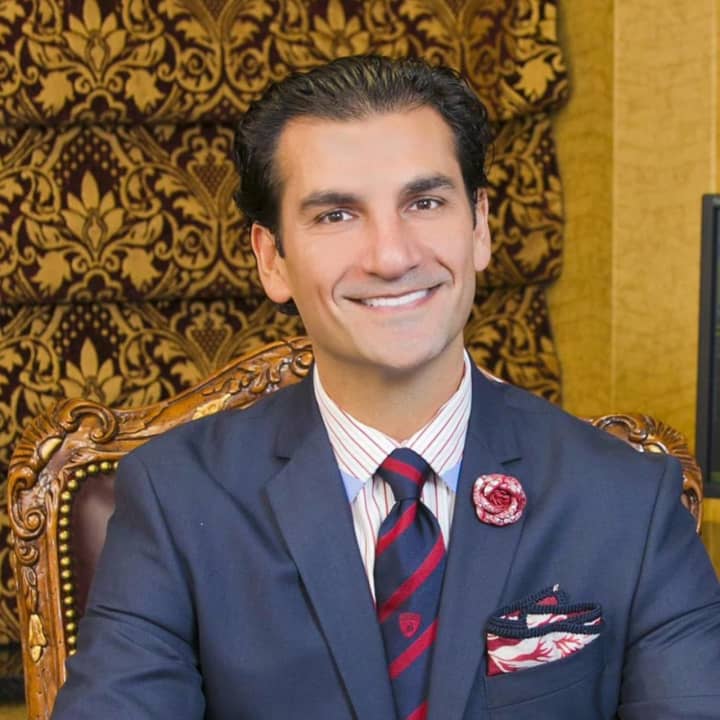The surgeon takes a multimodal approach to minimizing pain before, during and after surgery to eliminate the need for opiates.
On Thursday, Kayal will take to the streets with a team of more than 2,000 advocates from across New Jersey to "Knock Out Opiate Abuse."
"It's harder to attack pain once the brain has sensed it," said Kayal, the founder, president and CEO of Kayal Orthopaedic Center in Franklin Lakes, Westwood and Glen Rock.
"If you give someone narcotics after the brain has sensed pain, then you've missed the boat."
Joining Kayal — along with lawmakers, impacted families and volunteers — is former OBGYN Henry Balzani of Totowa, who now spreads awareness through teaching and lecturing.
"We will show physicians... that less narcotics are needed for most kinds of pain reliefs," Balzani said.
"There have been studies that show even opioids are not effective in longterm treatment."
The team will:
- Encourage prescribers to discuss the dangers of opioids when they are prescribed, including the risk of dependency and possible alternatives that may exist.
- Share copies of the Centers for Disease Control and Prevention opioid prescribing guidelines to each prescriber visited and encourage prescribers to implement these guidelines in their own prescribing.
- Provide information on local organizations and resources focusing the opioid abuse epidemic for physicians to share with their patients.
Kayal hopes his 3-point approach to pain will inspire others in his field to take a stand.
"We take a pre-emptive approach using an ultrasound, stimulation and intravenous tylenol [which works on the opioid receptors] up until right before surgery," Kayal said.
"During surgery, we utilize regional local anesthesia so that the brain doesn't sense the pain."
Since the nervous system never senses pain, managing post-operative pain becomes much easier.
Kayal also pioneered minimally invasive surgical techniques so his patients will feel less pain and require less narcotics post-operation.
Click here to follow Daily Voice Hackensack and receive free news updates.



